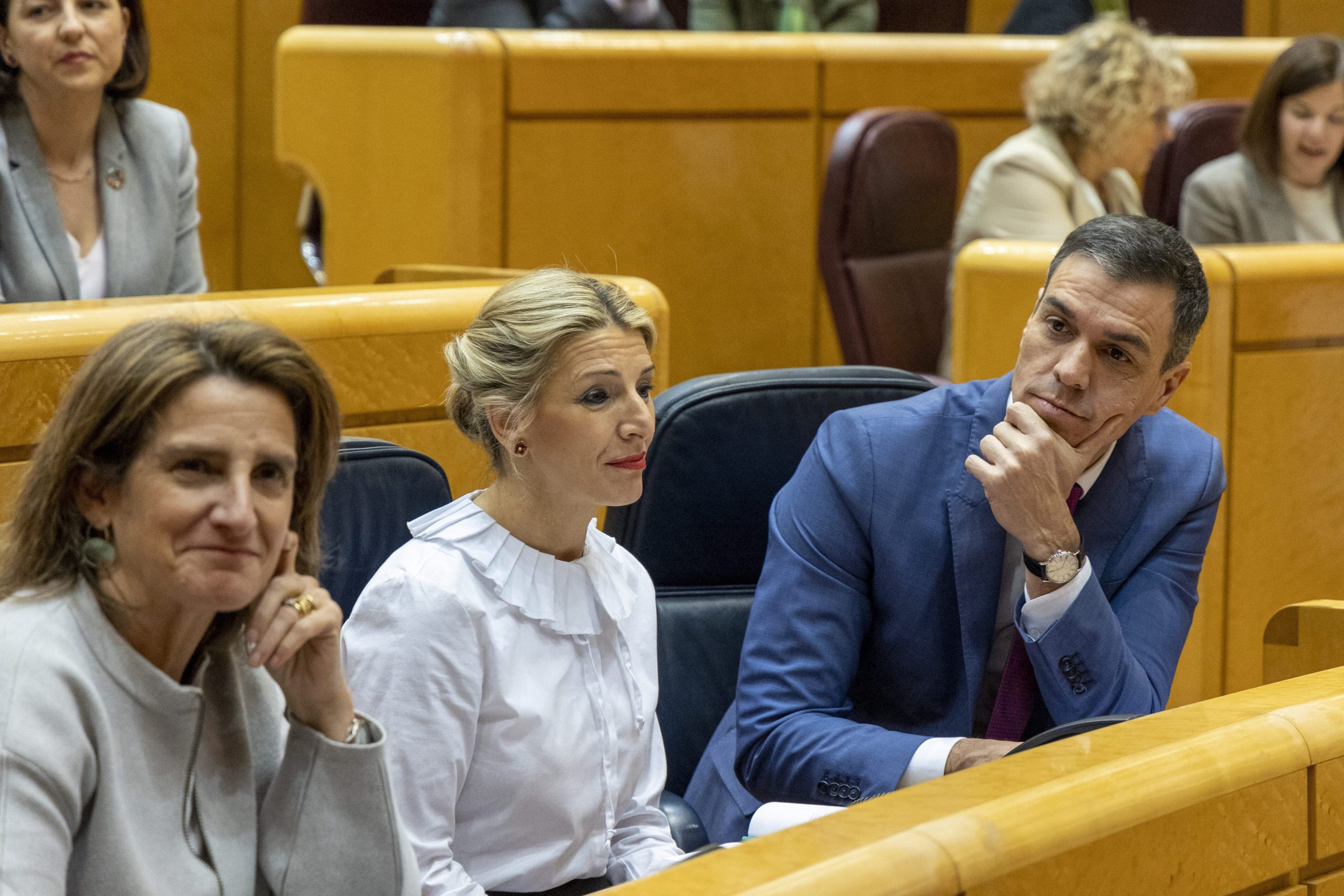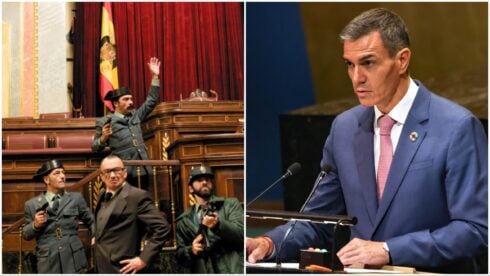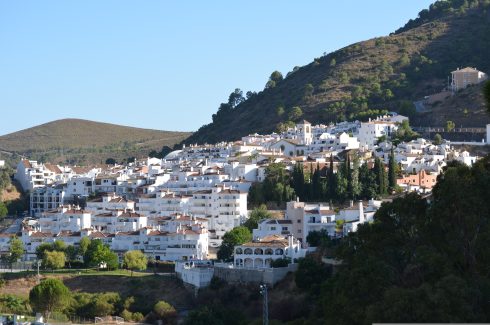AFTER Spain’s King Felipe VI invited Socialist leader Pedro Sanchez to form a government this week, the party’s first port of call was the new leftist alliance Sumar.
The latter group, which has absorbed a number of small parties such as Unidas Podemos (Together We Can) and the United Left, will be an essential partner for Sanchez if he is to be successful in his bid to cling onto power.
After the inconclusive elections of 2019, Pedro Sanchez forged a coalition government with Unidas Podemos. But the partnership lacked a majority in Congress and had to pass legislation with the support of lawmakers from other parties.
The same scenario is expected to be repeated during this parliamentary term. Despite having fallen well short of a majority at the July 23 general election, caretaker Prime Minister Sanchez has repeatedly insisted that he has the support of lawmakers to win an investiture vote in Congress and to form a ‘progressive’ government that will be able to get things done.
He will need not just Sumar to do so, but other, smaller parties, including Catalan nationalists.
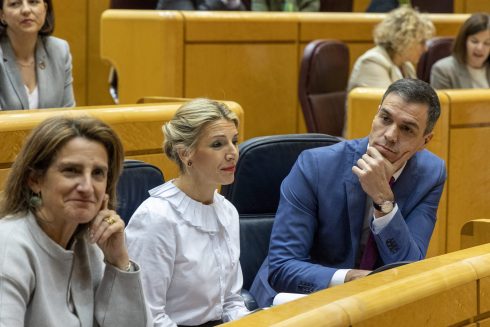
Sanchez was nominated for an investiture vote this week by the king after the latter held a fresh round of talks with political leaders. The first round saw the Popular Party (PP) leader Alberto Nuñez Feijoo invited to form a government on the basis he had won the most votes at the election, albeit by his own admission not having the support needed to take power.
That bid failed last week, as was expected, when Feijoo only managed to muster the backing of his own group, far-right Vox, and two small parties that lent him one vote each.
That paved the way for a new bid to break the political deadlock in Spain, headed up by the Socialists.
Yesterday, the party’s spokesperson, Pilar Alegria, announced that the talks between the Socialists and Sumar are accelerating in an attempt to reach a coalition deal ahead of the investiture debate, the date of which is yet to be announced.
As part of these negotiations, Sanchez met on Wednesday morning with the leader of Sumar, Yolanda Diaz, who is one of the caretaker deputy prime ministers.
Alegria also announced that her party has put a negotiations commission in place to guide the talks, while sources from the group told Spanish news agency Europa Press that Sanchez will hold meetings with all of the parties with a presence in Congress apart from Vox, due to its extreme positions on a number of issues such as gender violence and the environment.
The Catalan question
Sanchez is yet, however, to explicitly discuss an amnesty for those involved in the 2017 independence drive in Catalonia.
If he is to be voted back into power, the Socialist leader will need the support of parties that support Catalunya’s secession from Spain, such as the Catalan Republican Left (ERC) and Together for Catalunya.
In exchange for their backing, these groups are calling for major concessions from the caretaker prime minister, including the aforementioned amnesty for anyone facing charges for their role in the illegal independence vote in 2017 and subsequent unilateral declaration of independence, and a referendum on the future of the northeastern region.
After the meeting on Wednesday, Sumar confirmed that Sanchez and Diaz had spoken about the amnesty, but it is yet to be officially confirmed by the caretaker prime minister.
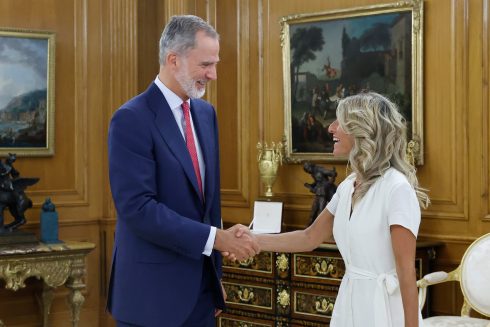
A referendum, however, is off the table according to party spokesperson Pilar Alegria.
“As for the referendum, we have the same opinion that most Catalans and most citizens of this country have,” she said in comments reported by Europa Press, in reference to opinion polls that show a rejection of independence for Catalonia.
Such a plebiscite has always been ruled out by Pedro Sanchez, on the basis, among other reasons, that it would be unconstitutional.
Talks will now continue between the parties until the investiture vote takes place. If Sanchez should fail in his fresh bid for power, Spain will have to hold a new general election early in the New Year.
Read more:
- Spain’s King Felipe nominates Pedro Sanchez for prime ministerial investiture vote
- Spain’s King Felipe starts new round of talks with political leaders to find next prime ministerial candidate
- Fresh general election in Spain looms, as Popular Party prime ministerial candidate loses first investiture vote
Click here to read more News from The Olive Press.

